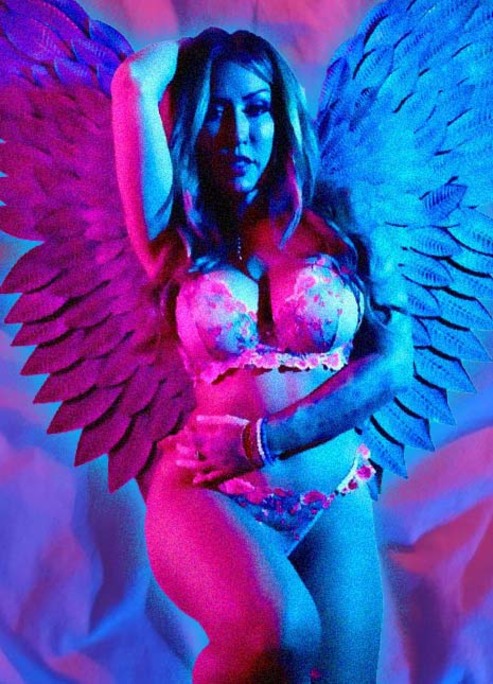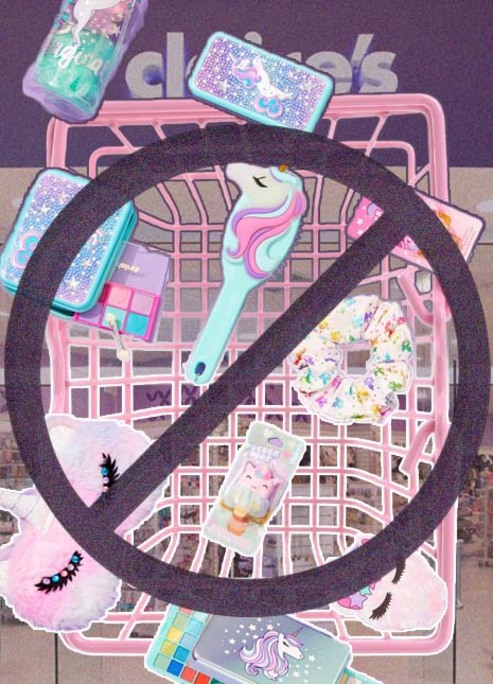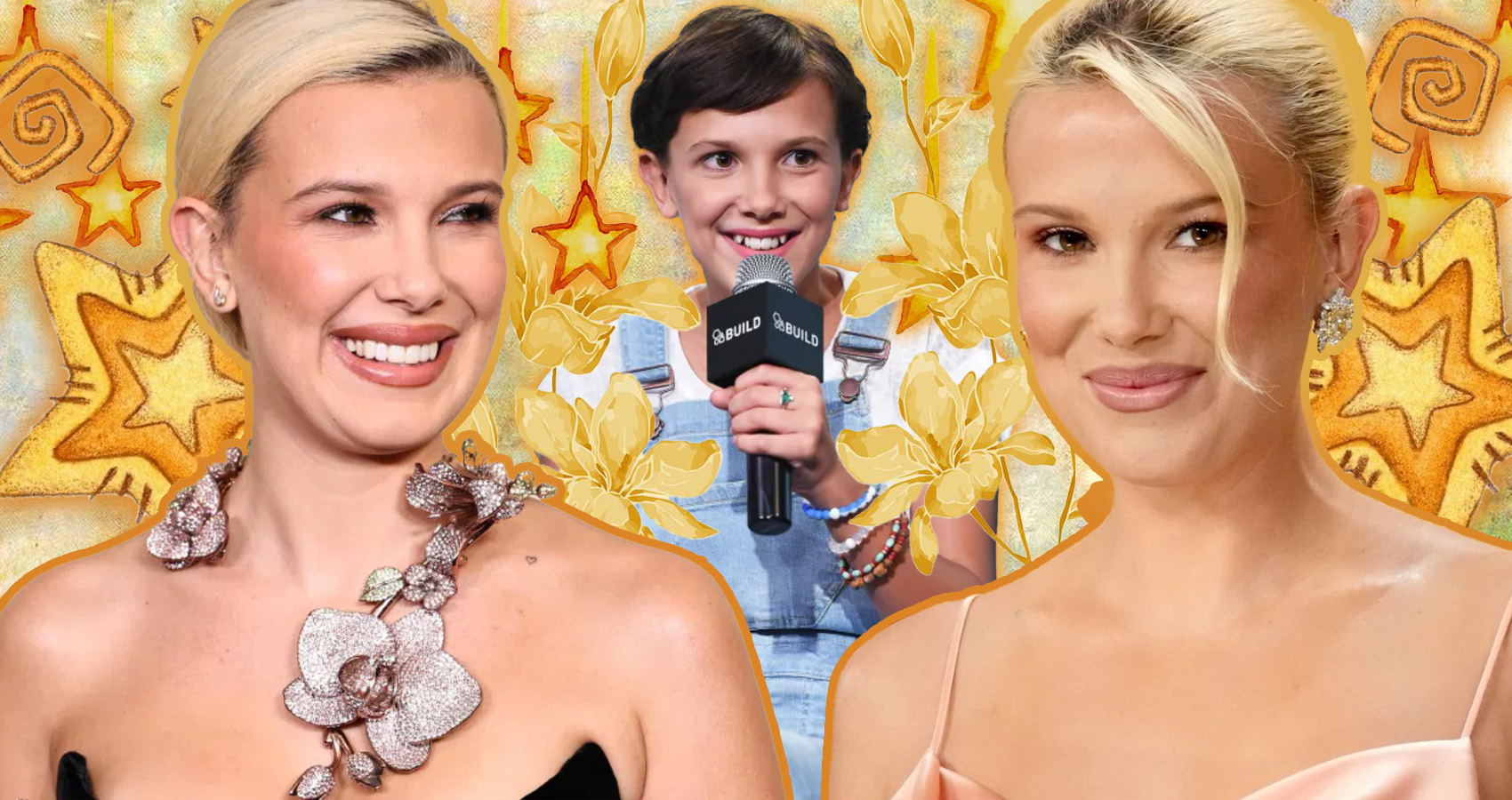
In Defence Of Millie Bobby Brown
Fashion, feminism, and the policing of young women.
Millie Bonnie Brown Bongiovi, known better professionally as Millie Bobby Brown, is a 21-year-old former child actress who has faced intense scrutiny since rising to fame at age 12. After a 2013 debut, her role as Eleven in Stranger Things (2016), she catapulted to global stardom. Since then, internet-users and journalists alike have taken it upon themselves to rip into her at every opportunity: for her appearance, how she appears in interviews, and most recently – adopting a baby. The constant scrutiny and policing of her choices, concerning all areas of her life, points to the wider issue of society’s desire to keep young women frozen in time.
The Unrealistic Standards of Appearance:
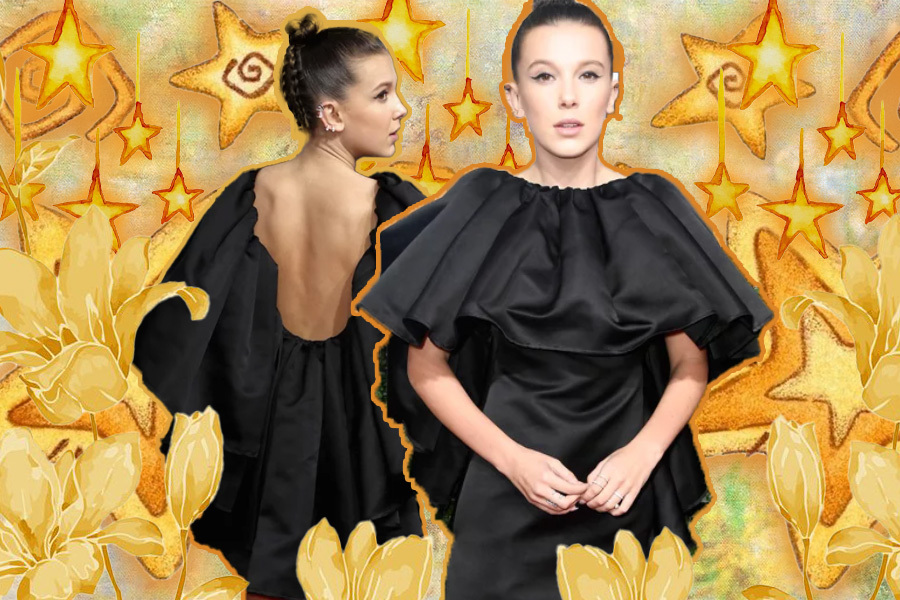
A significant portion of the criticism aimed at Brown has centred around her fashion and makeup choices. From an early age, she was put on "worst dressed" lists and targeted for her clothing. At just 13, a black dress she wore was deemed "too grown up," leading to a backlash against her and her parents, yet the same year she was critiqued for wearing clothes that were too shapeless.
This year, online users have commented on how old she looks, referring to her as a "divorced mother of four” – tearing apart not only her new hair colour, her tan, but also her dress.
This kind of public shaming speaks to the impossible irreconcilability of the standards placed upon young female celebrities. They are expected to be put-together and polished, as we have seen the shaming if they are to have a "messy" transition (think Lindsay Lohan, circa 2007). At the same time, they are criticized for dressing in a way that is perceived as “too adult”: the vitriol suggests that people want Brown to remain the same 12-year-old girl who emerged from the woods in Hawkins.
Sadly, this is a common phenomenon seen in the continuous commentary on other former child stars like Emma Watson or Selena Gomez as they matured. They are forever held to an image of their younger selves, and any deviation is met with judgment.
Confidence as Arrogance

Beyond her fashion, Brown has also been criticized for her demeanour in interviews. People have labelled her as arrogant or conceited, a judgment that seems to stem from her confidence and excitement. As she transitioned from a life with "no money" to extreme Hollywood fame, her enthusiasm was interpreted as a negative trait.
Additionally, her conduct could be interpreted as her acting as an adult would. At the age of 12, this felt jarring to those not used to seeing such confidence and poise in young people.
This double standard is gendered: while Brown’s assuredness is treated as arrogance, her male co-stars are not held to the same scrutiny. This highlights the expectation for young women to be timid and grateful, not bold and self-convicted.
Her Personal Life

The recent backlash Brown has faced reveals the overarching truth: the actress would face hate for anything. In her life away from cameras, she got married to Jake Bongiovi last year and adopted a child this summer. For the former, she faced judgement for being too young, with people predicting the brevity of the union. This was a similar judgement echoed upon the announcement of the couple’s adoption, with people also being upset with her supposedly “skipping the queue” (as adoption is well-known to be a long and arduous process). Yet again, this hate links to the fact that people are troubled by her growing up. Ultimately, Brown is an adult woman who is entitled to make her own choices – whether marrying young or adopting. Rather than a scandal, her decision to welcome a child highlights her commitment to build a family on her own terms, while removing a child from a system we all know can be deeply flawed.
A Feminist Frame for a Modern Problem
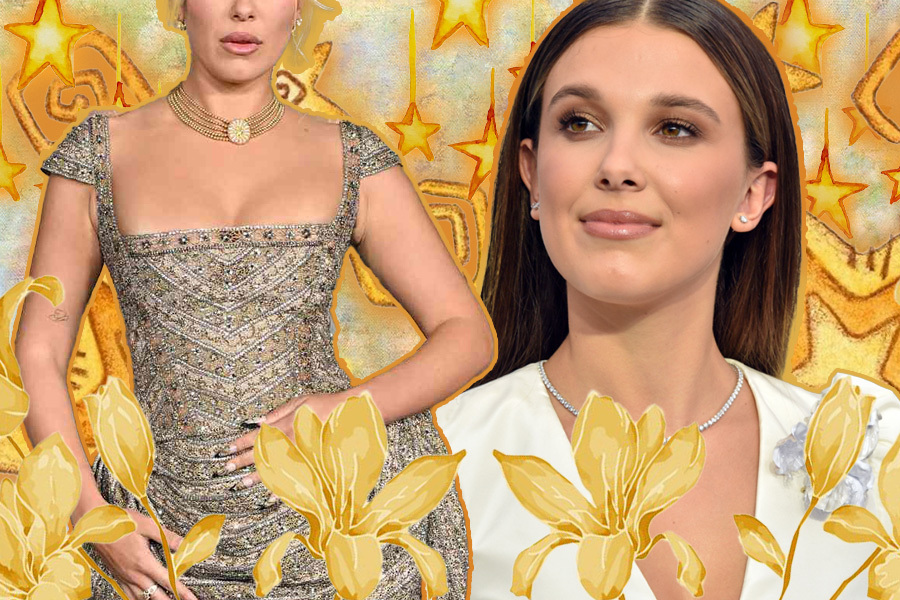
The policing of Millie Bobby Brown's life – from her fashion to her public persona – is a clear feminist issue. It’s a microcosm of the larger problem of how society attempts to control and define women. The outrage over her personal life reveals a deep-seated belief that a woman's life path must be linear and approved by the masses.
Brown herself has eloquently pointed out that it is "disturbing" that adult journalists spend their time "dissecting [her] face, [her] body, [her] choices". Her defiance is a powerful statement for not just herself but for every young woman who is afraid to grow up or express themselves in a way that deviates from a narrow, prescribed path. The defence of Millie Bobby Brown is not just about one actress; it's a stand against the patriarchal forces that seek to confine and critique women at every turn. It is a reminder that we must let women grow, evolve, and live their lives without fear of being torn apart.




